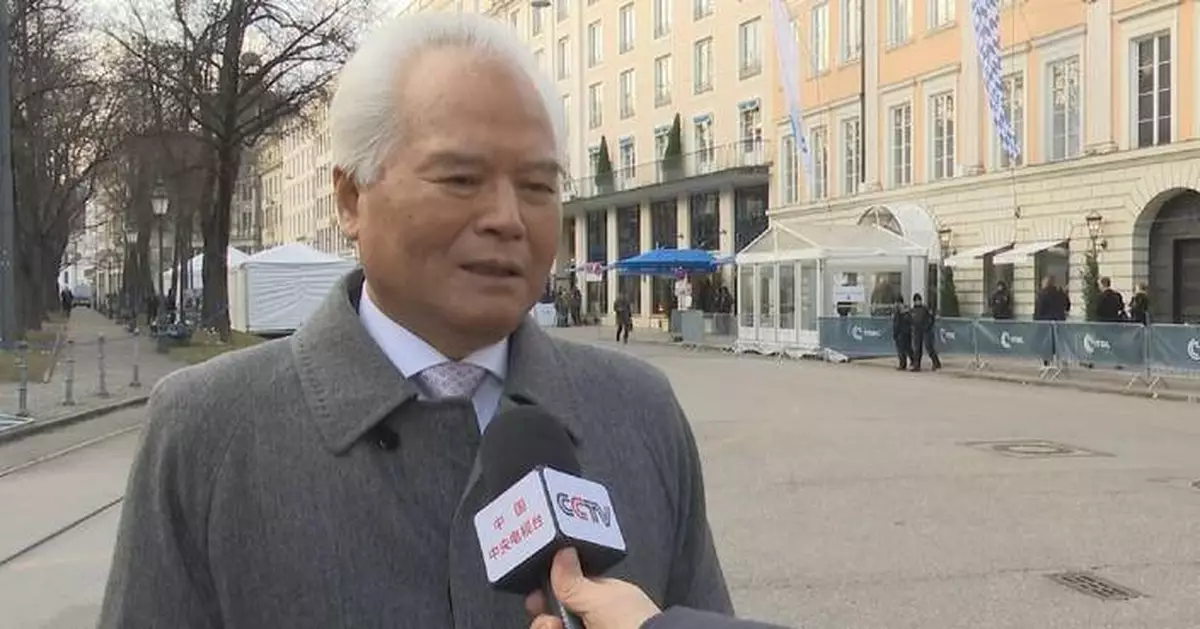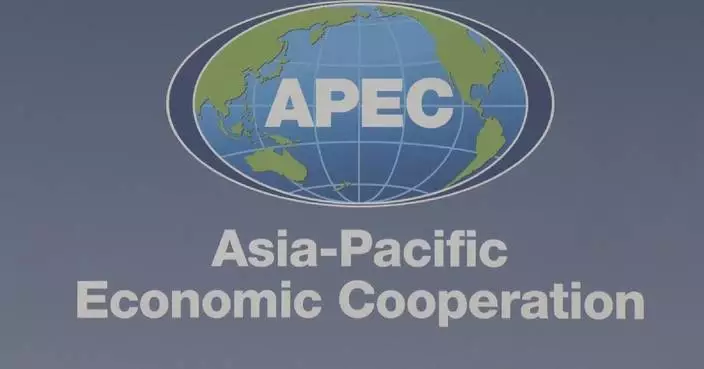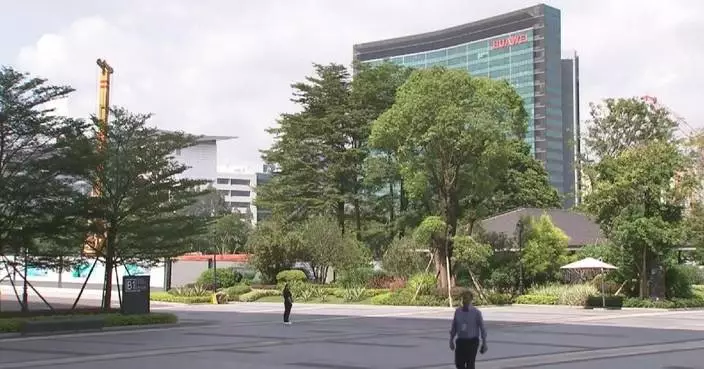A Chinese expert on the South China Sea commented on the region's challenges on Saturday at the Munich Security Conference (MSC) in Germany, noting that China needs to act faster amid growing challenges in the South China Sea.
Wu Shicun, president of the Huayang Research Center for Maritime Cooperation and Ocean Governance, posed a question to Philippine Foreign Secretary Enrique Manalo during the panel discussion on "Maritime Tensions in the Indo-Pacific" at the conference.
"My question today is: According to the 1898 Treaty of Paris, the Philippines' western maritime boundary is defined by 118 degrees east longitude, and both Huangyan Dao and Ren'ai Jiao lie outside this boundary. So how can the Philippines designate these features as part of its territory in the 'Maritime Zones Act' passed last November? If the Philippines truly considers Ren'ai Jiao its territory, why did it choose to ground a military ship there in 1999 rather than openly deploying military forces? He (Manalo) did not respond to my question," said Wu, who is also the founding president of China's National Institute for South China Sea Studies.
"Trump's South China Sea policy has not yet taken shape. I estimate that within the next six months to a year, his administration's policy on the South China Sea will gradually become more defined. Additionally, while the U.S.-Philippines Mutual Defense Treaty remains in effect, I do not believe it represents the prototype of the Trump administration's emerging South China Sea policy," he said.
"China must strengthen its capacity building in the South China Sea. Enhancing our naval power, maritime law enforcement, as well as other means of safeguarding our rights in the South China Sea have already been placed on the agenda. However, given the severe challenges over the South China Sea, I believe we must accelerate our actions," said Wu.
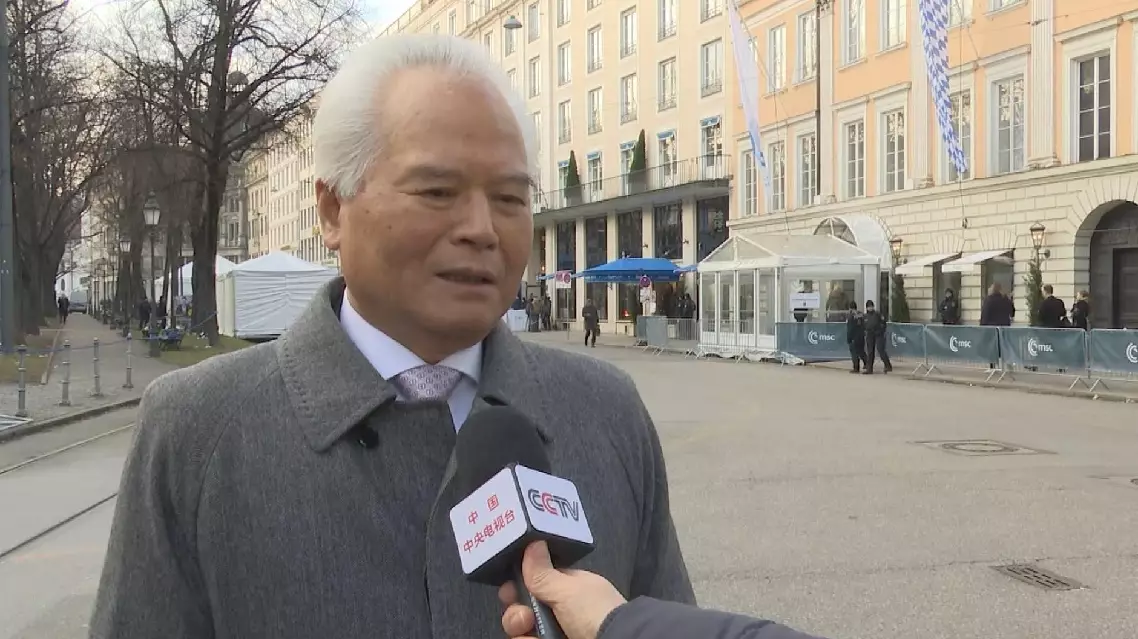
China must act faster amid growing challenges in South China Sea: expert
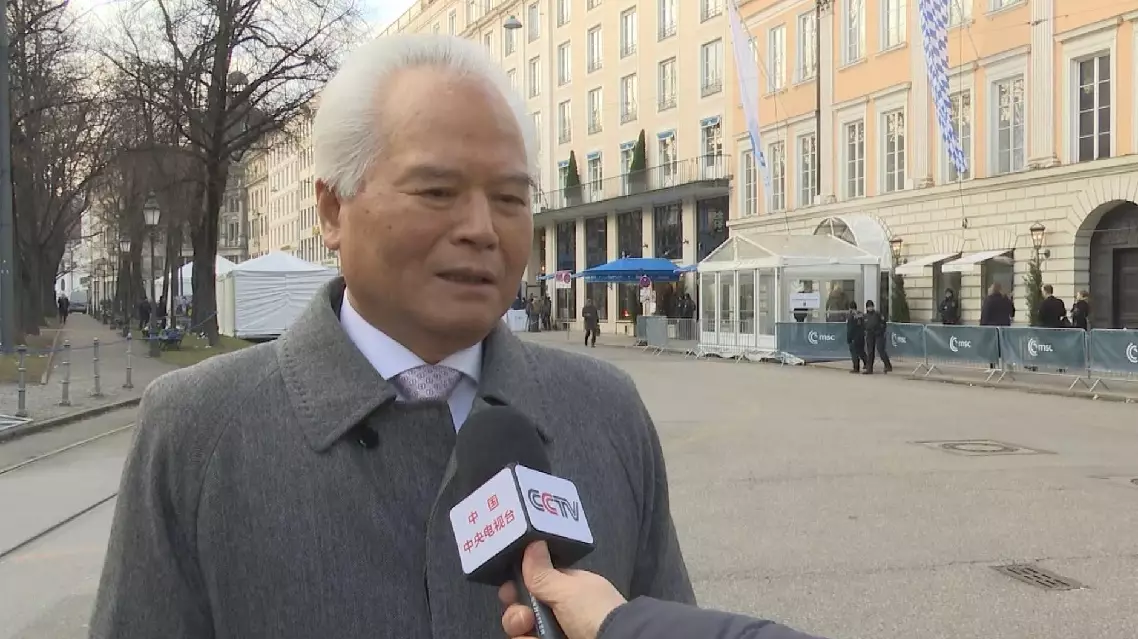
China must act faster amid growing challenges in South China Sea: expert


